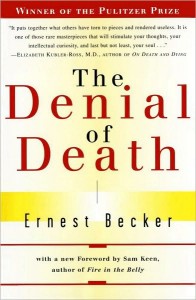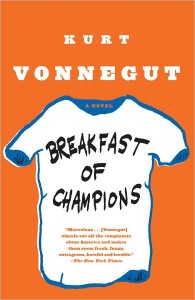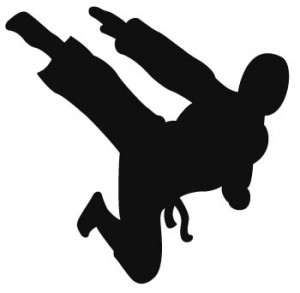 In late 2011, Abraham Verghese, author of “Cutting for Stone” described his writing life for the Washington Post.
In late 2011, Abraham Verghese, author of “Cutting for Stone” described his writing life for the Washington Post.
For dedicated writers and those in the publishing business who freelance “part time,” simply because no one will pay us to write full time, there is the need for the dreaded…. “Day Job.”
This quote may help you lose some of the resentment of the day job, as you read how it benefits Verghese’s writing.
“Indeed, when I am asked for writing advice, which is rare, I offer this: Get a good day job, one that you love, preferably one that consumes you and that puts your boat out in the river of life. Then be passionate about it, give it your all, get good at what you do.”
Even though his work and family life left insufficient time to devote to writing, he persisted writing in the time he had available. Perhaps it is his lack of resentment over work as the thief of his writing hours that let him settle down and make the most of his limited time to write.
“Joyce Carol Oates produced two books while I was working on a long chapter. But I am not in a hurry to get the book out, just to get it right — my day job allows that luxury.”
BIO: Helen Gallagher joined Freelance-Zone.com to share her thoughts on small business and technology. Her blogs and books are accessible through www.releaseyourwriting.com. She is a member of ASJA, Small Publishers Artists & Writers Network, and several great Chicago-area writing groups.

 Denial of Death, by Ernest Becker. Written with “man” meaning “human,” and using masculine pronouns throughout, this book might appear unreservedly patriarchal and oppressive even if it wasn’t a discussion of the inevitability of death. But for writers, it’s a useful exploration of the existential dilemma and it offers an essential justification for going through life as an artist. It’s not easy reading, and it shouldn’t be read all at once, especially in seasons when the days are getting shorter. Still, I read through it every three years or so, just to see how much I’ve changed, and to see if I can find yet one more passage that will help me be a better and happier writer. Hint: the happy chapters are at the end.
Denial of Death, by Ernest Becker. Written with “man” meaning “human,” and using masculine pronouns throughout, this book might appear unreservedly patriarchal and oppressive even if it wasn’t a discussion of the inevitability of death. But for writers, it’s a useful exploration of the existential dilemma and it offers an essential justification for going through life as an artist. It’s not easy reading, and it shouldn’t be read all at once, especially in seasons when the days are getting shorter. Still, I read through it every three years or so, just to see how much I’ve changed, and to see if I can find yet one more passage that will help me be a better and happier writer. Hint: the happy chapters are at the end. Breakfast of Champions, by Kurt Vonnegut. Don’t discount the simplicity of Vonnegut’s prose. It’s far from simple-minded. Together with Slaughterhouse Five, BOC shows humanity to be a great and tragic phenomenon, one capable of the sublime, even as it acts on its own worst impulses. Tragedy doesn’t have to be sad, Vonnegut demonstrates, at least not when it’s this funny.
Breakfast of Champions, by Kurt Vonnegut. Don’t discount the simplicity of Vonnegut’s prose. It’s far from simple-minded. Together with Slaughterhouse Five, BOC shows humanity to be a great and tragic phenomenon, one capable of the sublime, even as it acts on its own worst impulses. Tragedy doesn’t have to be sad, Vonnegut demonstrates, at least not when it’s this funny. by Mike O’Mary
by Mike O’Mary I’m curious…do any members of the Freelance-Zone.com community have experience using Elance.com to get jobs? If so, how did it go for you as a freelancer?
I’m curious…do any members of the Freelance-Zone.com community have experience using Elance.com to get jobs? If so, how did it go for you as a freelancer? I feel like a hypocrite. I am looking to hire a speechwriter. One of the requirements is that the speechwriter also have PowerPoint skills.
I feel like a hypocrite. I am looking to hire a speechwriter. One of the requirements is that the speechwriter also have PowerPoint skills.